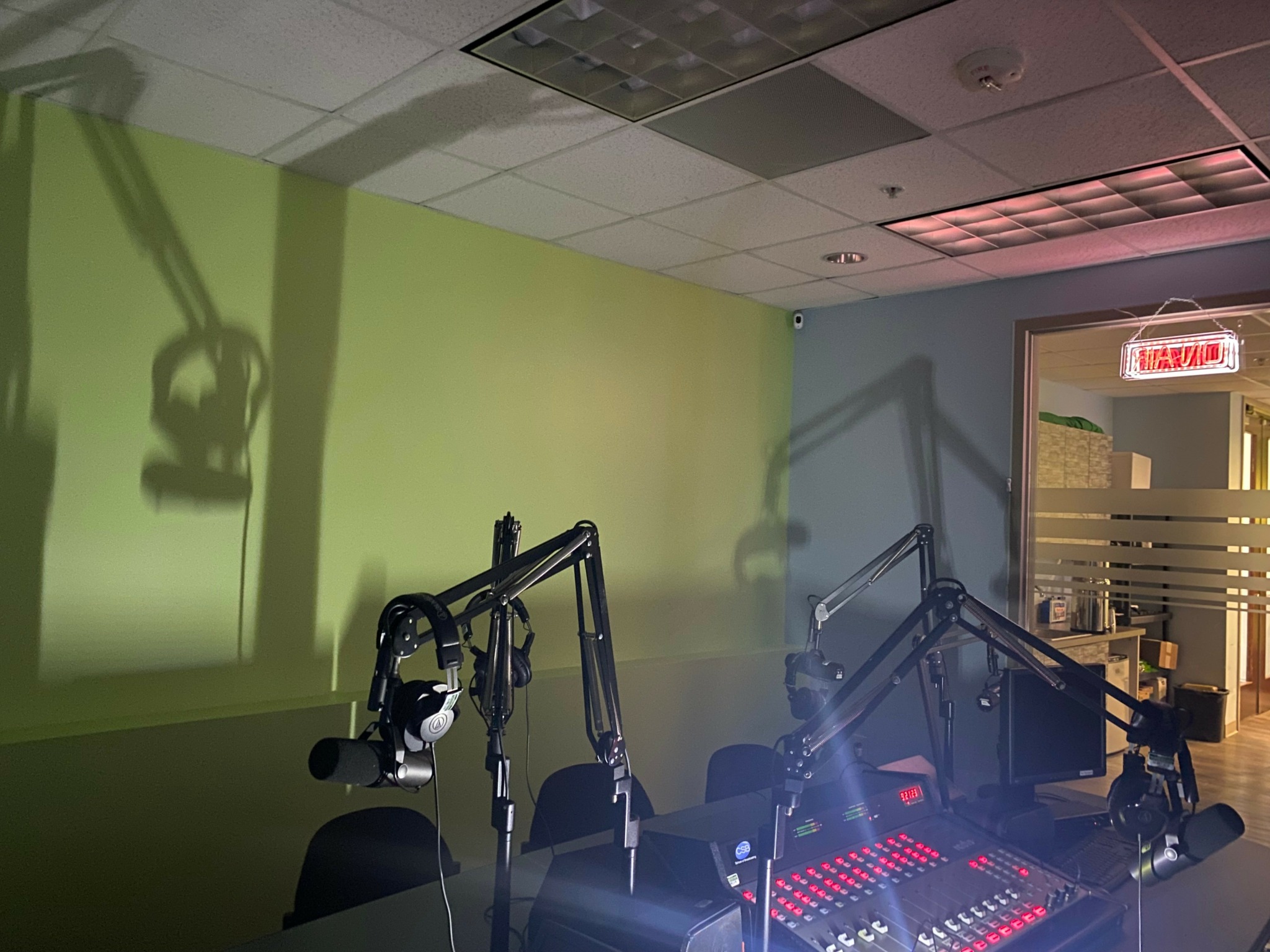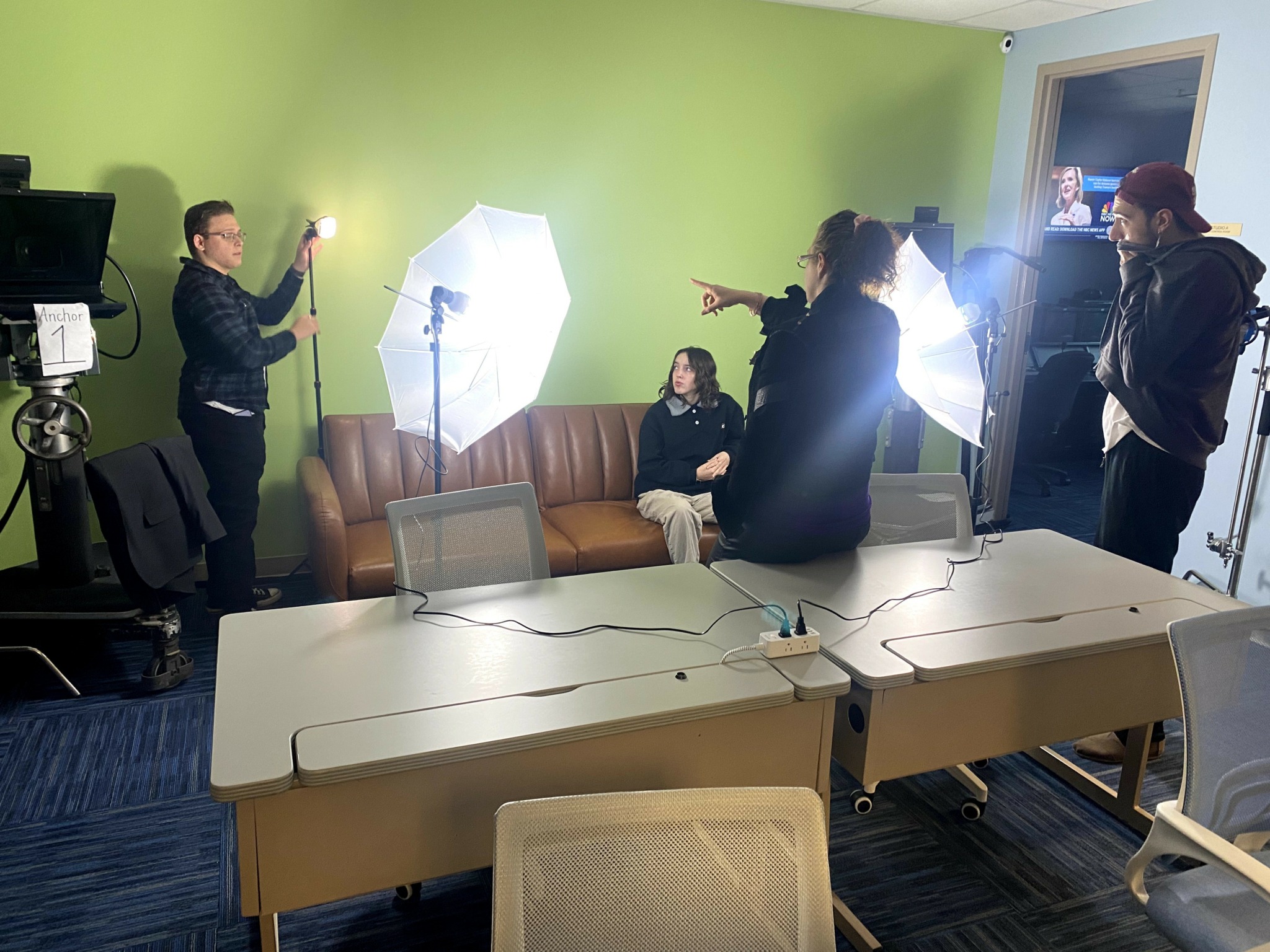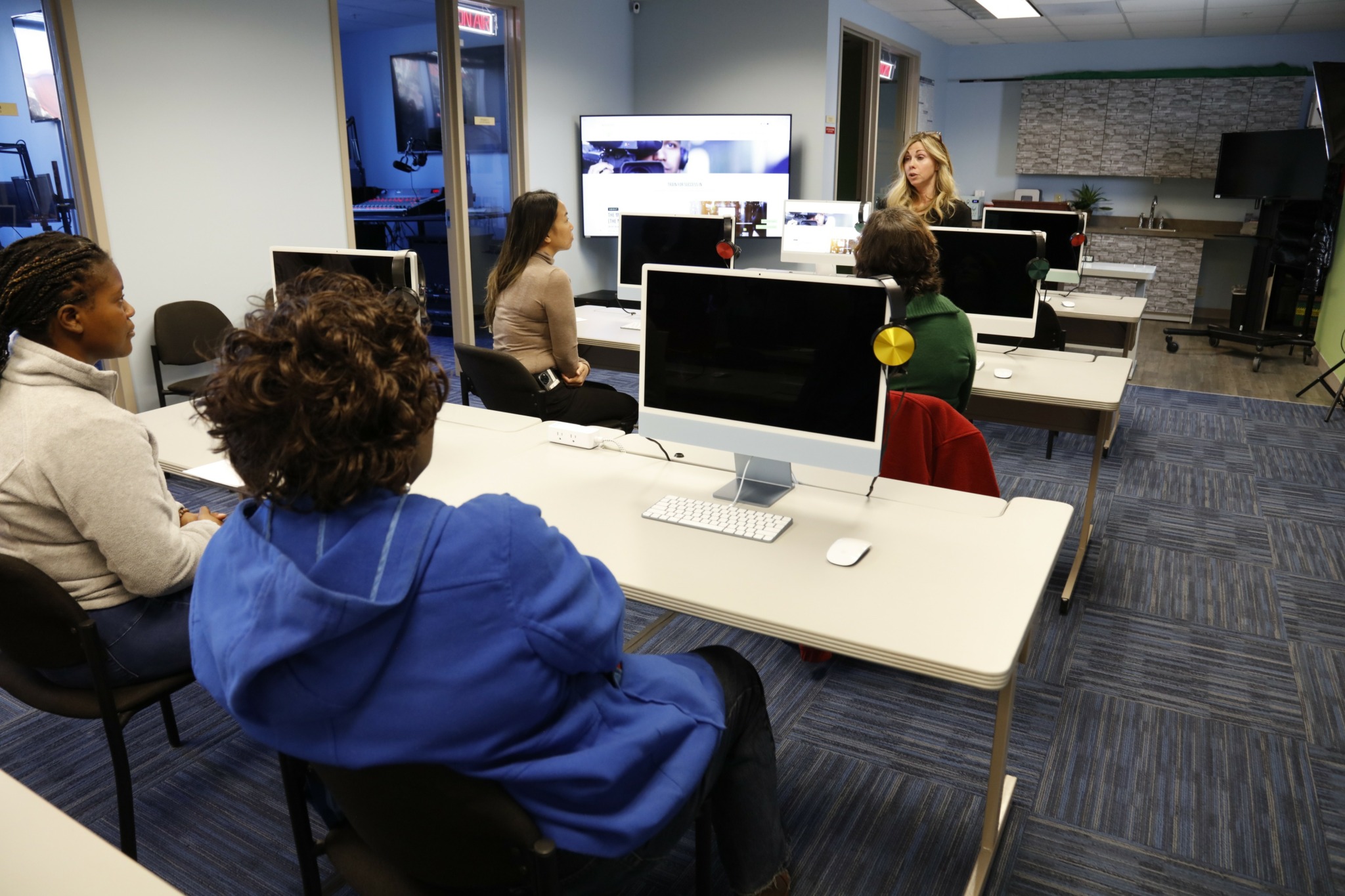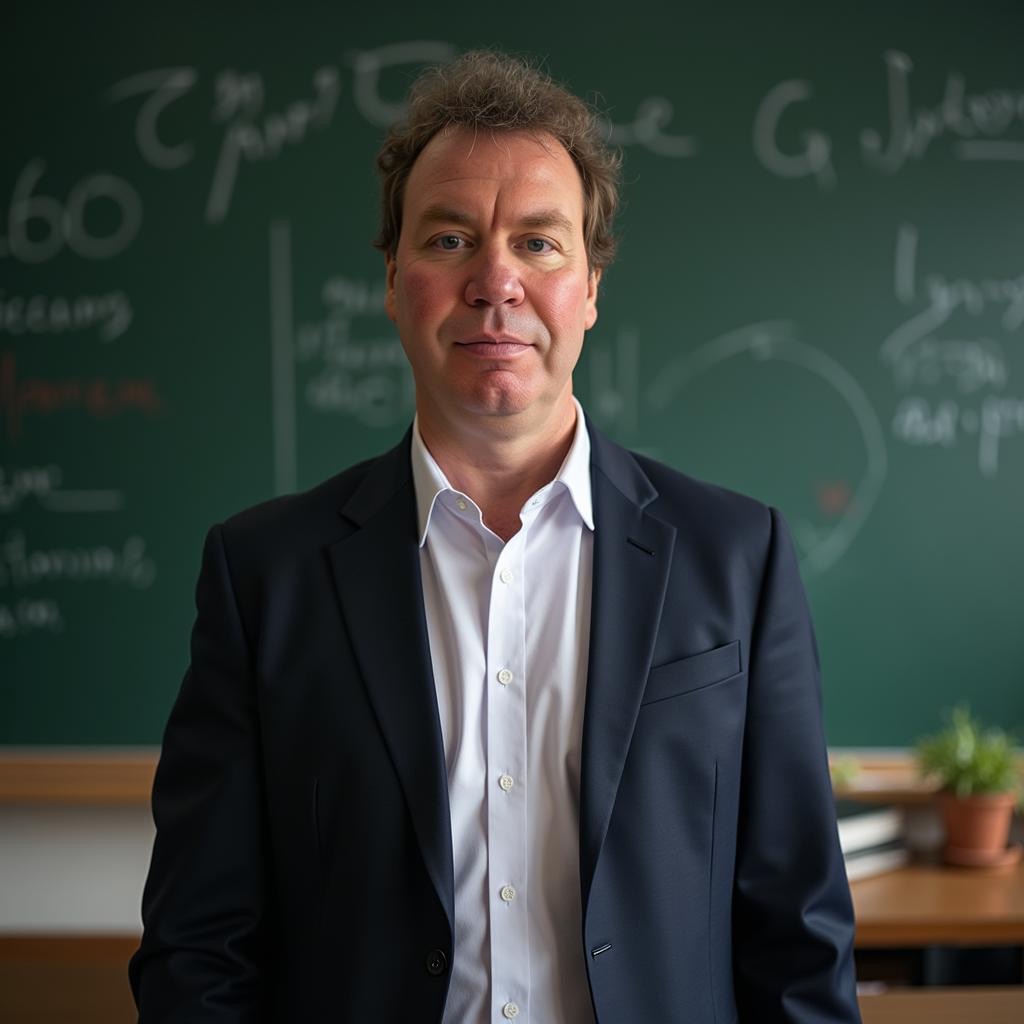We’re excited to introduce you to the always interesting and insightful John Casson. We hope you’ll enjoy our conversation with John below.
Hi John, thanks for joining us today. What do you think Corporate America gets wrong in your industry?
A formal education can earn you a living. But a self made education, particularly when combined with vocational training, can make a killing for you and the company you represent.
Corporate America often overlooks a vast pool of skilled workers by focusing too narrowly on formal, degree-based education instead of hands-on, vocational training. This approach not only perpetuates the ongoing skilled labor shortage but also causes companies to miss out on talent that is ready to contribute immediately. As a result, jobs remain unfilled while millions of capable, job-ready individuals are sidelined simply because they lack a traditional degree.
Hands-on education prepares students to solve real problems from day one. Yet, many corporate hiring practices undervalue this practical expertise, favoring candidates with academic achievements over those who can demonstrate job-ready skills.
Publix Supermarkets is the largest private employer in the United States. They are also the most profitable grocery store chain per dollar of sales, by far. And yet few of their CEOs have ever had degrees. They got their training on the job. I run The Media Arts Center. It’s the fastest growing Media Arts avocational school in the United States. I never got a degree from anywhere, not even high school. I learned at a vocational school, and by working in the industry. So did many of my students.
When companies focus on degrees over skills, they often end up hiring candidates who require extensive on-the-job training to become productive. This not only delays project timelines but also increases costs and turnover, as new hires may feel unprepared or unsupported. The degree-holder struggles to perform, requiring months of additional training, while the vocational graduate quickly found work with a smaller, more agile company—and begins contributing immediately.
The Solution: Embracing Hands-On Education. Corporate America needs to rethink its hiring and training strategies by:
Prioritizing skills and practical experience over degrees in job postings and recruitment.
Partnering with vocational schools to create pipelines for skilled talent.
Investing in robust, hands-on onboarding and mentorship programs to ensure all employees—regardless of educational background—can thrive and grow.
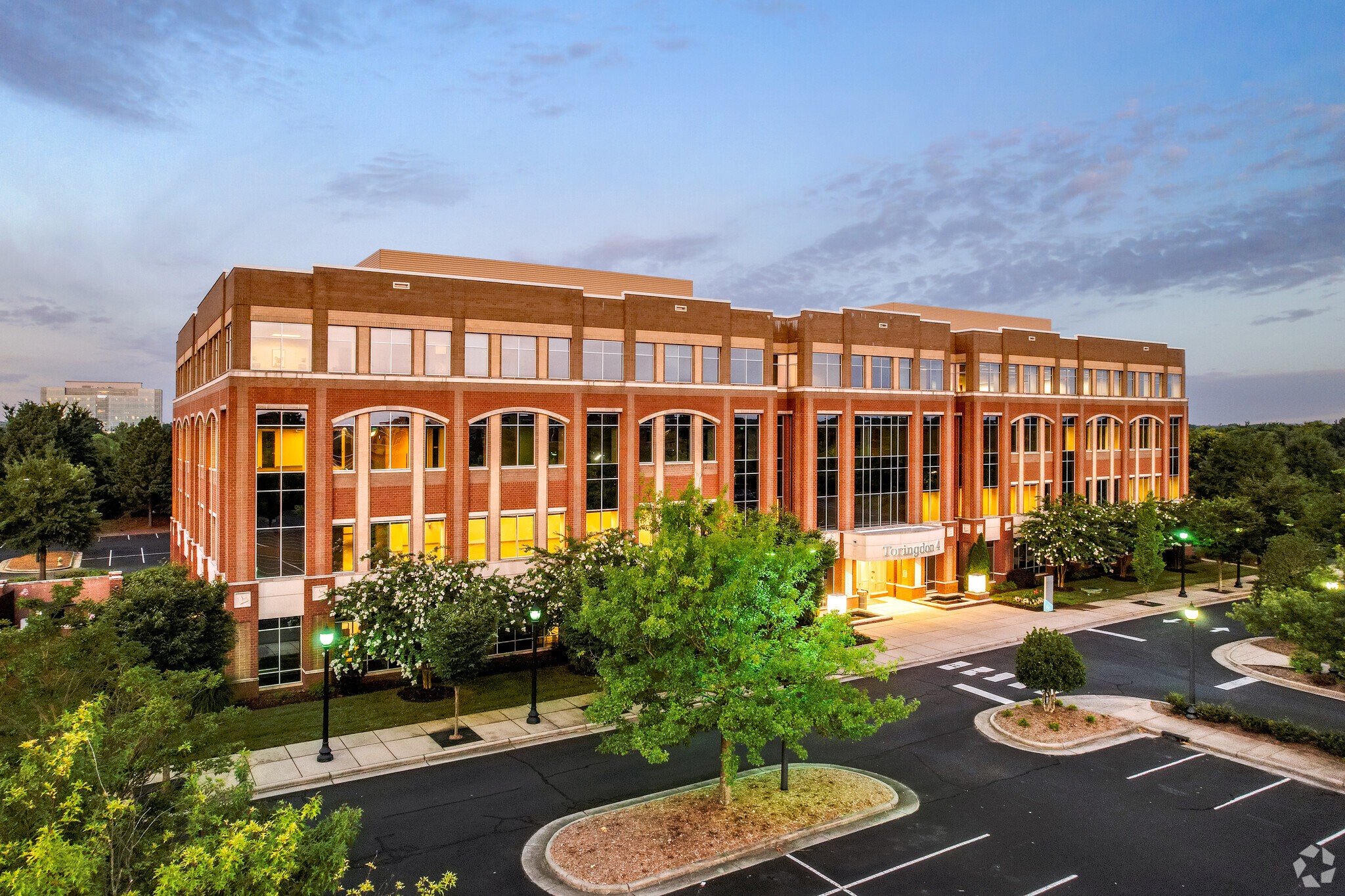
As always, we appreciate you sharing your insights and we’ve got a few more questions for you, but before we get to all of that can you take a minute to introduce yourself and give our readers some of your back background and context?
My story begins with a three-year-old boy sitting beside his immigrant mother, both of us listening intently to NPR. Those clear, measured voices on the radio weren’t just delivering news—they were teaching us English, word by word. My mother didn’t speak the language when she arrived in this country, but she was determined that her son would. Little did she know that as I absorbed those articulate broadcasts, I was finding my first calling. “You will be a broadcaster one day,” my parents would say, noticing how I mimicked those measured NPR cadences.
Life circumstances led my formal education to come come to an abrupt halt, but my real-world education was just beginning.
What remained constant through those challenging years was my voice—and the voices on NPR that continued to be my teachers.
While my wife was raising children, my passion for journalism, news, politics, and understanding people only grew stronger. I knew what I wanted to do, but the path wasn’t clear for someone without credentials or connections.
At 25, I made what seemed like a foolish decision to many: I applied to a vocational program for broadcasters. I put the application fee on a credit card I could barely afford to pay. For 16 weeks, I delivered pizzas nights and weekends to make my tuition payments, often running on little sleep between family responsibilities and classes.
That vocational program became the first and only school I ever graduated from. But more importantly, it was where I discovered not just my voice, but my purpose.
Within months of graduation, I was working as a radio reporter—living that childhood prediction. Soon after, the school asked me to teach while I reported. I watched students light up when they mastered a new skill or found their confidence behind a microphone. Before long, I moved to television reporting, then to newsroom management at a CBS-affiliate near Miami.
But something unexpected happened: I realized I loved helping students find their voices even more than I loved using my own on the air. In 2008, I took a leap of faith and became the school director of the very program that had changed my life.
For 15 years, I poured everything into building that program, expanding offerings, and creating opportunities for people like me—people who had stories to tell and passions to pursue, but needed someone to believe in them first.
In 2023, I became the owner and President and led the rebranding of The Media Arts Center.
What began as a single broadcasting program has transformed into one of the fastest-growing avocational media schools in the United States, now offering 24 programs, 96 courses, and 576 classes yearly—on-site, online, and on-demand.
Every day when I walk through our doors, I still hear that three-year-old boy mimicking NPR broadcasts. I see my younger self putting an application fee on credit with nothing but hope and determination. And I see my students—many facing their own obstacles—finding their voices and their callings.
That’s why I’m passionate about what we do at The Media Arts Center. Because I know firsthand that when someone finds their voice, they find their power. And in a world that needs more authentic storytellers and truth-tellers, helping people find that power isn’t just a business—it’s a mission.
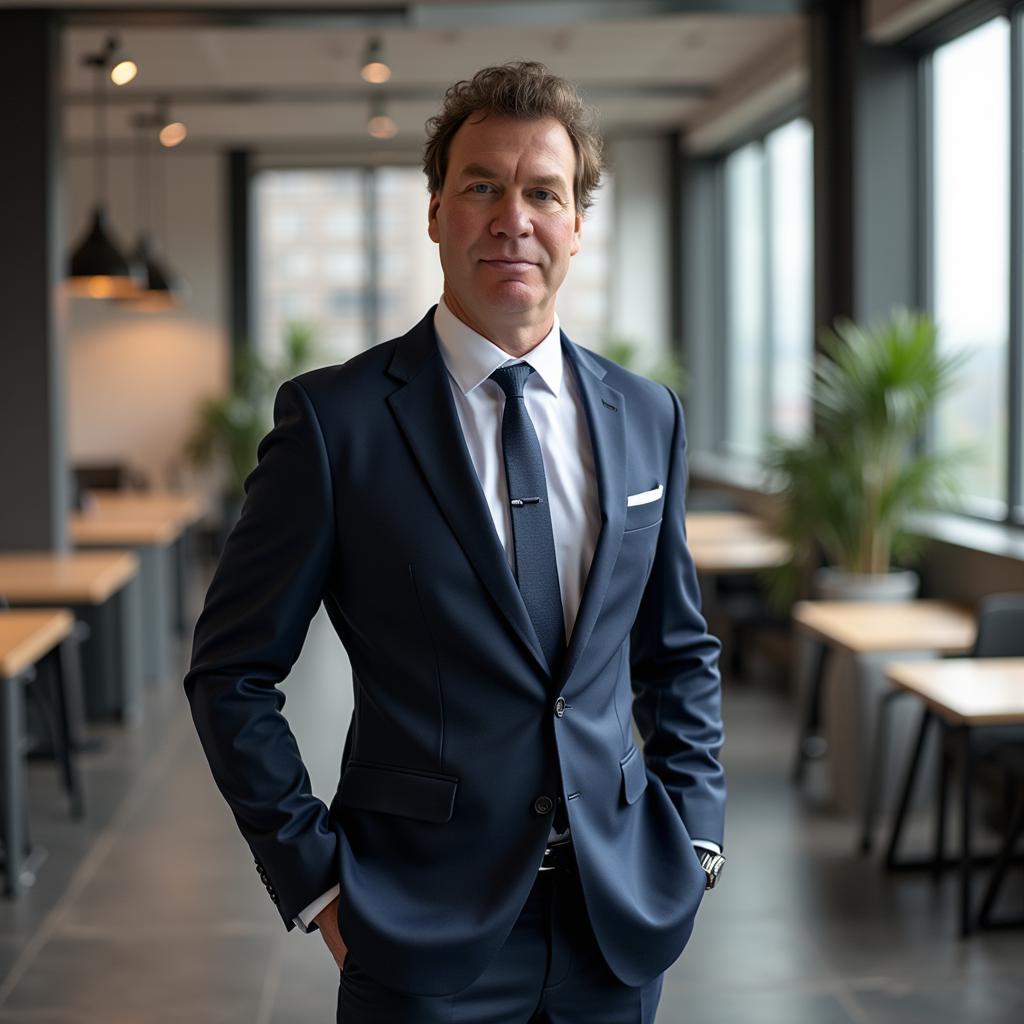
Have you ever had to pivot?
In late 2023 I was hitting my stride both personally and professionally. My kids were gown up, out of the house and successful, I was in good health personally, and financially. I decided now was the time to buy the vocational school I graduated from and had been running for the past decade.
The President of the school agreed, and even helped with the set up, So I signed a quarter-million-dollar lease on a prime campus, and was building out what would become The Media Arts Center. A week before the grand opening I suffered a massive stoke. I couldn’t walk, talk, read, or write. I was told to immediately file for disability and try to get out of the lease.
But I wasn’t ready to give up. I knew I had great instructors, promising students, and a vision I carried with me for 30 years. With help from my wife and daughters and a lot of physical therapy, I was walking and talking again in a few months. I hired someone to run the school, and my longtime instructors all stepped up to the plate. While my brain still hasn’t recovered and my wife says I sound like Ozzy Osborne late in the day, I take comfort knowing the school is running well and the students are taking off. One of them just won a motion picture award. Another inspired the start of a program for students with autism, and third I watch every day on our local CBS affiliate.
Charles de Gaulle said graveyards are full of indispensable men. I was almost of of those men. I’ve pivoted in that I’ve slowed down a lot. I no longer run the school, I take time to rest when I’m tired. I take time to tell the people in my life I love them. We’re selling off some of our properties and other assets that somehow seem less important to me now. I don’t know if it really changed me, but it enhanced who I always knew I could be.
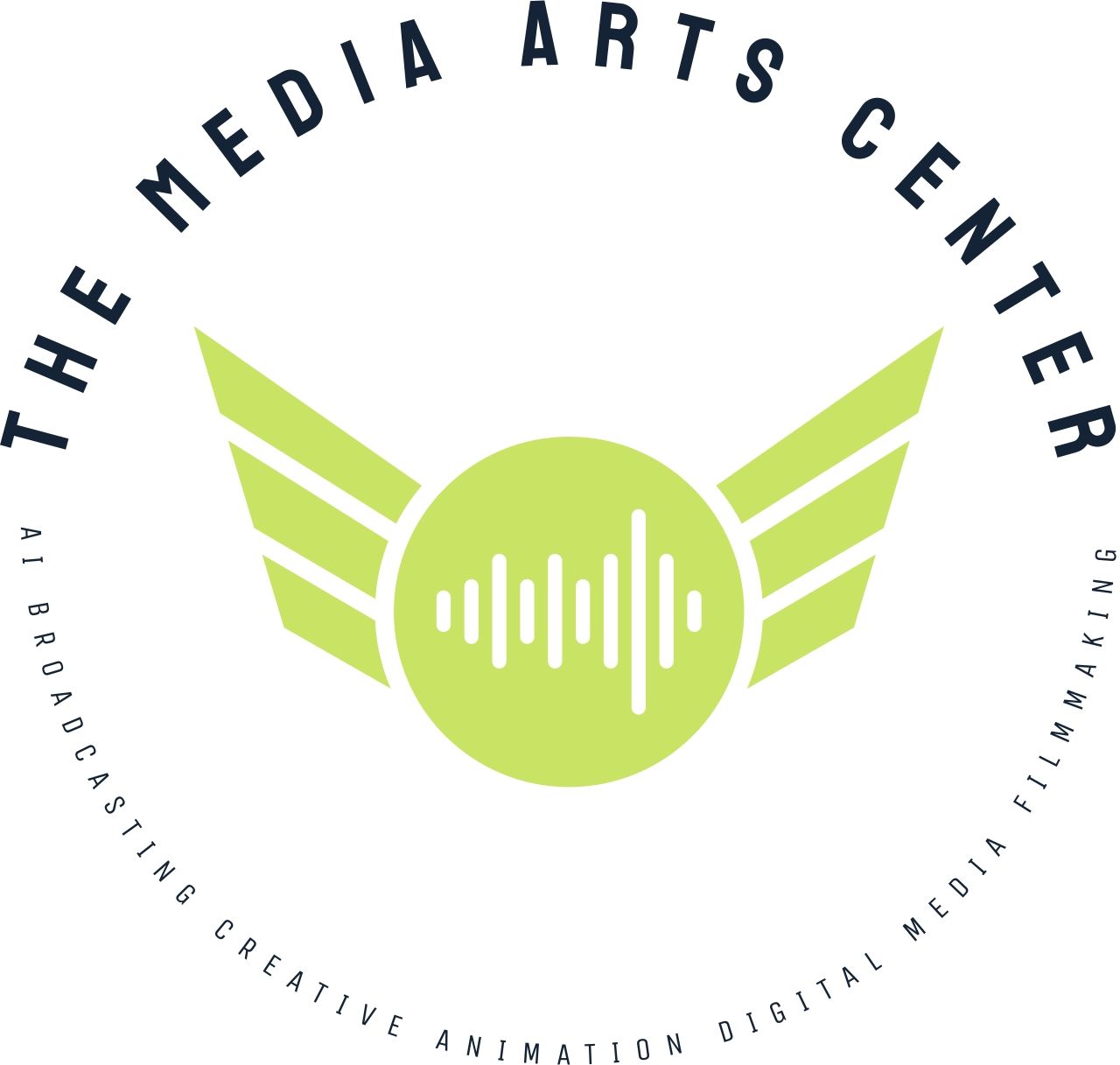
What’s the most rewarding aspect of being a creative in your experience?
I think it’s the fact that there are no more barriers to entry in the creative filed anymore. Big companies used to have big budgets for big cameras and marketing Now we’ve all got it, on our phone, in our pockets. People just have to be brave enough to take risk and put their work out there. When I hear grads like Chelsea Paxton every morning on The Woody and Wilcox show, see Jana Angel doing QC live, or Tom Miner doing communications for one of the largest school districts in North Carolina, its more rewarding than any paycheck could ever be. Sometimes, when I have trouble sleeping, I head upstairs to our movie theatre and watch student productions. And the stories they tell are those of hope, resilience, and perseverance – not just in the movies, in the fact that they made the movie in the first place. That’s rewarding.
Contact Info:
- Website: https://ncmediaarts.com
- Instagram: https://www.instagram.com/media_arts_center
- Facebook: https://www.facebook.com/TheMediaArtsCenter
- Linkedin: https://www.linkedin.com/company/the-media-arts-center/?viewAsMember=true
- Youtube: https://www.youtube.com/@TheMediaArtsCenterNC
